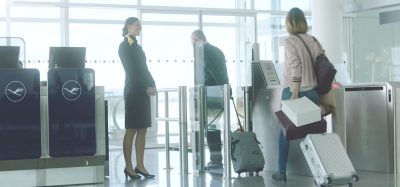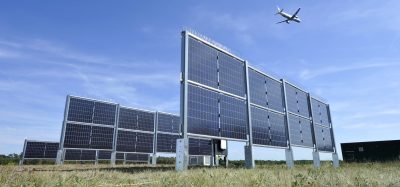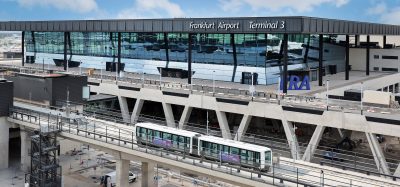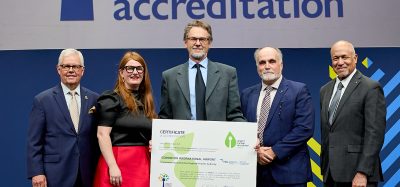ACI EUROPE calls for urgent EU aviation strategy to fix competitiveness and support decarbonisation goals
Posted: 23 June 2025 | Gabriel Higgins | No comments yet
ACI EUROPE urges the EU to reset aviation policy, warning of competitiveness decline and major risks to decarbonisation progress.
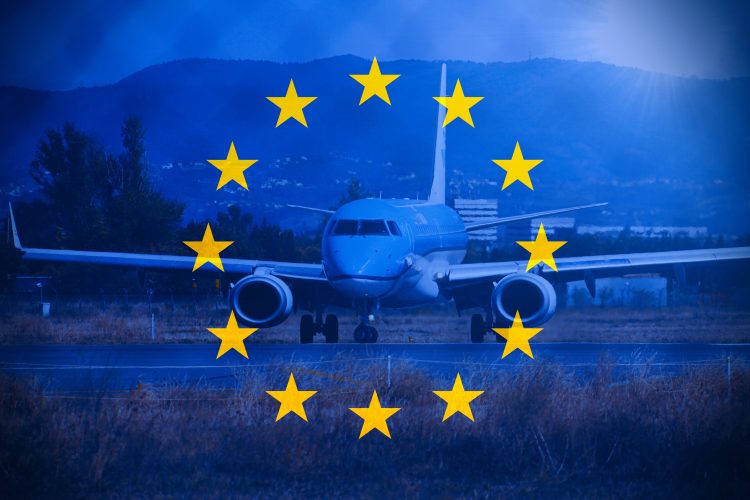

Speaking at ACI EUROPE’s 35th Annual Congress, Armando Brunini, ACI EUROPE President and CEO of SEA Milan Airports, issued a stark warning about the EU aviation sector’s declining competitiveness and its ability to meet decarbonisation targets. Highlighting the need for a comprehensive aviation policy reset, Brunini criticised the EU’s current approach, urging immediate action to align aviation with the bloc’s broader Competitiveness Compass and Roadmap.
Four key challenges to aviation competitiveness and decarbonisation
Brunini identified four major challenges undermining the sector:
Unbalanced climate policy:
He reaffirmed the sector’s commitment to decarbonisation, stating, “Our commitment to decarbonisation remains unwavering… But if we need the sticks… we also need the carrots.” He called for financial support and flexibility to manage the €1.3 trillion investment required to reach net zero, warning that no other global region imposes similar costs on aviation.
Join us live: Shaping the Next Generation of Hold Baggage and Air Cargo Screening
Join us live for an insightful webinar on 11th December at 14:00 GMT, in collaboration with Smiths Detection, as we explore the strategic balance of operational efficiency, regulatory compliance, and sustainability in high-volume security environments.
This session offers a focused look into future-proofing your security strategy.
Key learning points
- Cost Reduction: Strategies to minimize bag travel time while simultaneously reducing operational costs.
- Regulatory Roadmap: Insights into the next wave of regulatory changes and their impact on future investment decisions.
- Sustainable Systems: Practical approaches to building sustainability into security systems and lowering the total cost of ownership (TCO).
- Scalable Solutions: Real-world examples of scalable systems supporting current airport growth and preparing for tomorrow.
Register now for expert insights, case studies, and actionable strategies on operational efficiency!
Punitive taxation:
Brunini criticised ongoing aviation taxes imposed by EU member states and the UK, pointing out that revenues are not reinvested in decarbonisation efforts. He noted a direct link between aviation taxes and reduced air connectivity, describing Europe as “an exception” globally.
Airport capacity constraints:
Europe already hosts half of the world’s most congested airports, yet governments are hesitant to support capacity expansion. Brunini warned this reluctance limits economic development opportunities, while global competitors are actively increasing capacity.
Regulatory barriers to innovation:
He argued that excessive EU regulation hinders airport innovation in security, safety, and the passenger experience, further weakening the region’s competitiveness.
Call for a new EU Aviation Strategy
Brunini stressed that the absence of a cohesive EU aviation strategy places the sector at risk of becoming “the next automotive sector” due to policy-driven decline. “It is difficult to understand why the European Commission is de facto sidelining our sector while actively working on a maritime strategy, a rail strategy and a tourism strategy,” he stated.
Putting aviation back on track
To futureproof the sector, Brunini outlined several key recommendations:
Prioritise capacity development:
He called for urgent revision of the outdated EU Airport Slot Regulation, strict enforcement of the EU Noise Balanced Approach, and changes to the European Investment Bank’s Climate Bank Roadmap to enable funding for airport capacity expansion. Brunini also highlighted the need for regulatory stability, especially around airport charges, to support long-term investments.
Support for SAF (Sustainable Aviation Fuel):
The forthcoming Sustainable Transport Investment Plan must include funding mechanisms for SAF, including earmarked ETS proceeds, post-2030 allowances, and financial institution backing. “Such inclusion will clearly condition our ability to deliver on our net zero Destination 2050 roadmap,” Brunini stated.
Sustain regional air connectivity:
He urged continued operating aid for smaller airports beyond 2027 to preserve regional cohesion under the EU State aid Guidelines.
Promote innovation and resilience:
Brunini emphasised the importance of ongoing support for SESAR R&D and deployment to enhance airport capacity and performance. He also called for a unified EU testing and certification framework for aviation security equipment and simplified procedures to support green technology rollouts.
Brunini concluded with a clear message: the EU must act swiftly to reset its aviation policy. Without this, Europe risks eroding not only the aviation sector’s competitiveness but also its own global standing and economic resilience.
Stay Ahead in Aviation — Subscribe for Free!
Get exclusive access to the latest aviation insights from International Airport Review — all tailored to your interests.
✅ Expert-Led Webinars – Learn from industry leaders
✅ Weekly News & Reports – Airport updates, thought leadership, and exclusive interviews
✅ Event Invitations – Be part of the International Airport Summit
✅ Partner Innovations – Discover the latest industry trends
Choose the updates that matter most to you. Sign up now and stay informed, inspired, and connected — all for free!
Thank you for being part of our community. Let’s keep exploring the future of aviation together!
Join our free webinar: Beyond silos: How ecosystem thinking elevates the airport experience
In today’s complex aviation landscape, airports are moving beyond siloed operations to embrace a new era of collaboration. This webinar focuses on how leading airports are using ecosystem thinking to adapt, personalize, and continuously improve every touchpoint, boosting both passenger satisfaction and non-aeronautical revenue.
Date: 13 Nov | Time: 10:00 GMT
REGISTER NOW TO SECURE YOUR SPOT
Can’t attend live? No worries – register to receive the recording post-event.
Related topics
Airport development, Capacity, Digital transformation, Funding and finance, Innovation, Operational efficiency, Passenger experience and seamless travel, Regulation and Legislation, Sustainable Aviation Fuel (SAF)
Related organisations
A4E (Airlines for Europe), ACI Europe, ERA (European Regions Airline Association), European Commission, European Investment Bank (EIB), SEA Milan Airports, SESAR



